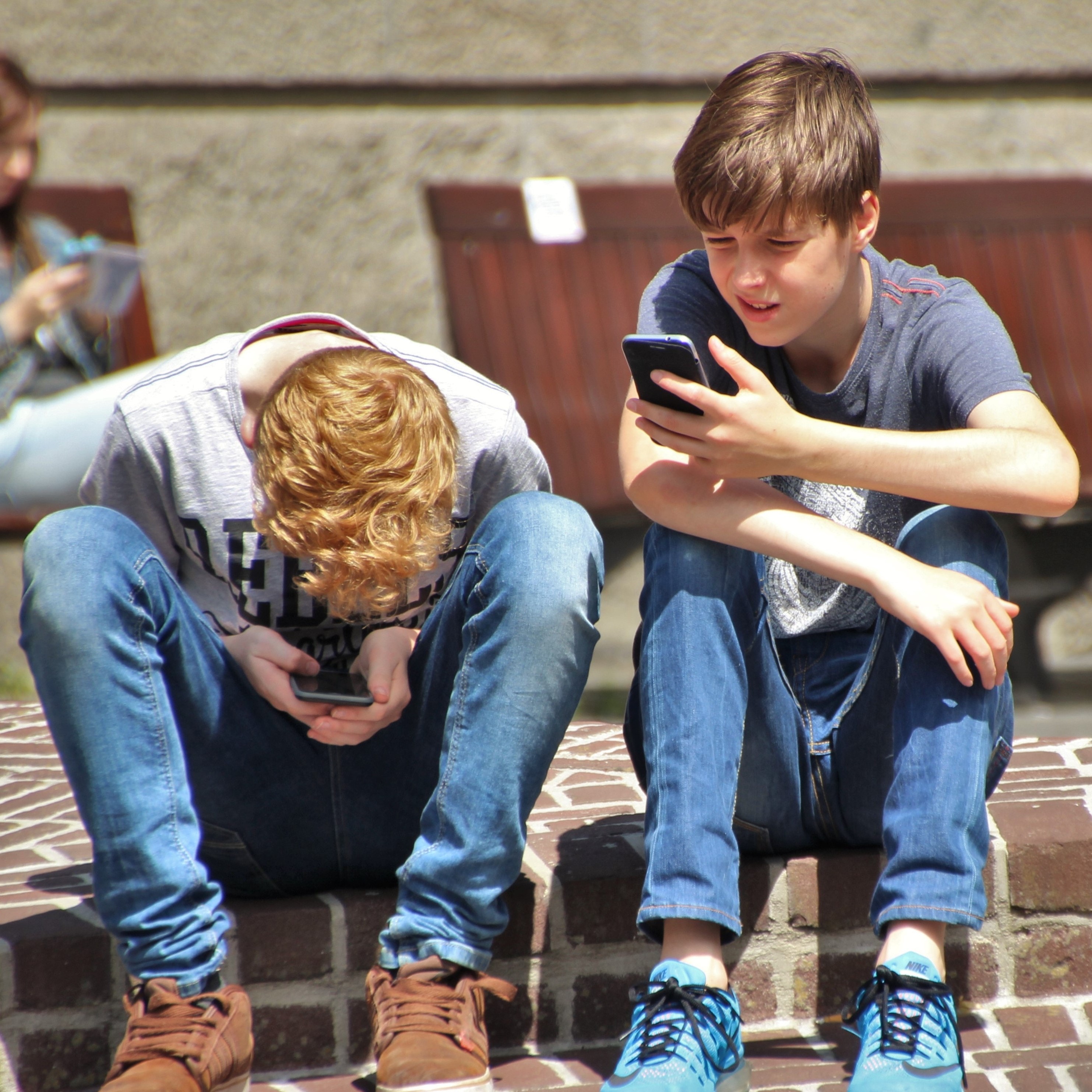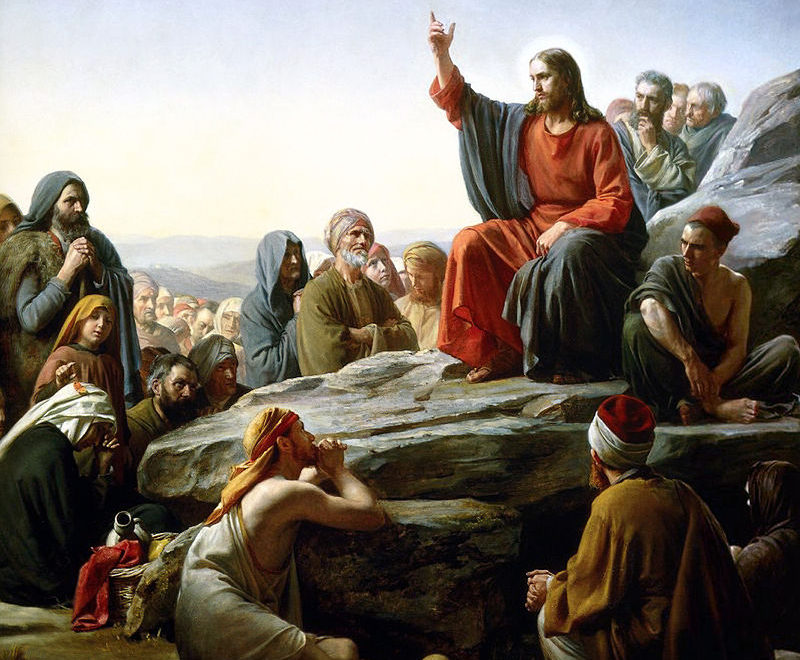Author: Patrick Egan
-
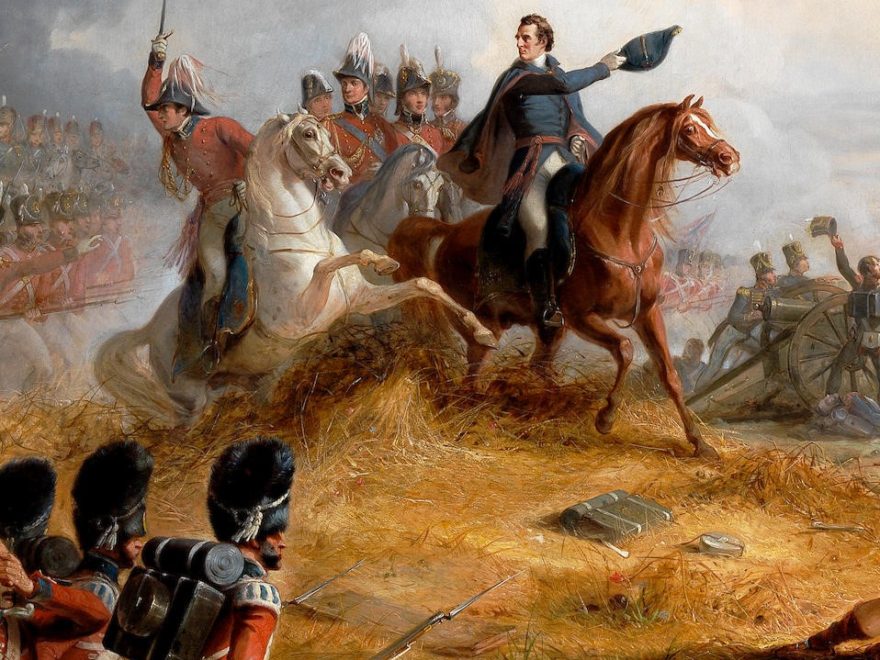
Teachers are Leaders: 6 Principles of Leadership for Schools
A teacher is a leader. Truly, a teacher is many things, but my contention in this article is that a teacher is fundamentally a leader. To the extent this contention is true, it behooves us to consider not only what it means to be a leader, but also to clarify a set of leadership principles…
-
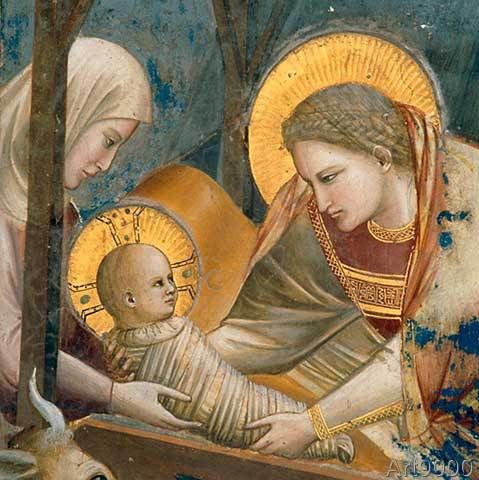
The Advent of Christ as an Act of Teaching
The advent season is upon us and this blog post will explore how advent expresses God’s educational heart for humanity. You are likely familiar with the following stanza: O come! O come! Emmanuel! And ransom captive Israel; That mourns in lonely exile here, Until the Son of God appear. This hymn speaks both to the…
-
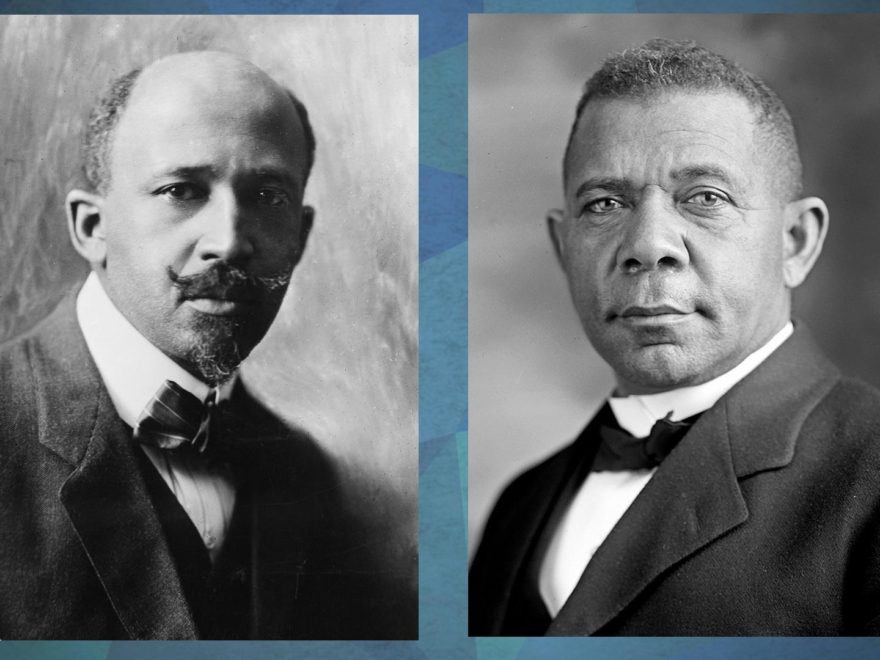
Educating to Transform Society: The Washington-DuBois Debate
The year was 1895. Two momentous events occurred that year that would lead to a heated rivalry between Booker T. Washington and W. E. B. DuBois. The first event was the death of Frederick Douglass on February 20th of that year. He was the leading black figure of the time, speaking and writing with a…
-
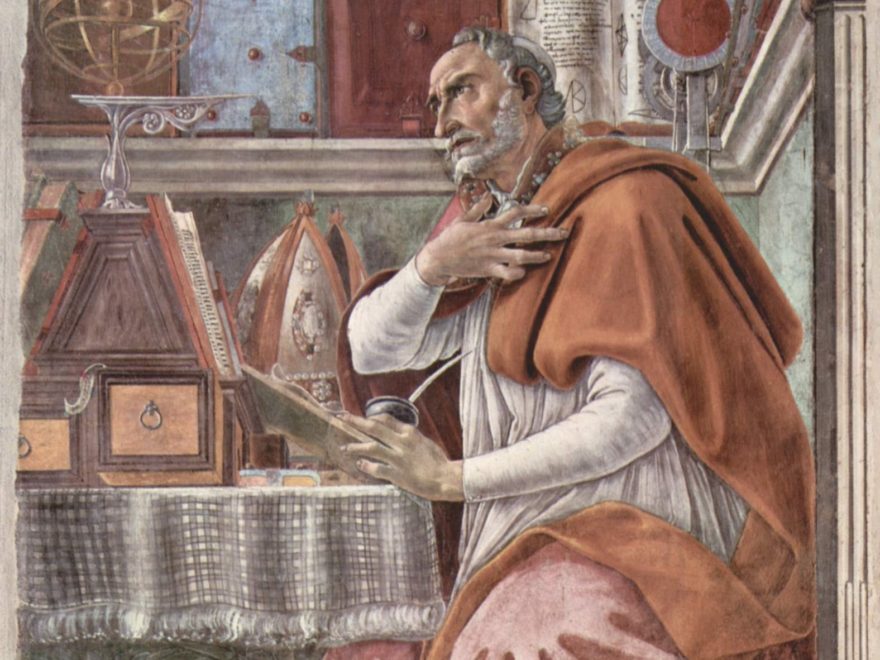
Christianity, a Superior Philosophy: Book Review of Jonathan T. Pennington’s Jesus the Great Philosopher, Part 2
In the previous article in this two-part review of Jonathan Pennington’s book Jesus the Great Philosopher, I spelled out the first two sections of his book dealing with the ancient philosophers (chapters 1 and 2) and then the Old and New Testaments (chapters 3 and 4). Here I will dive into the final three sections…
-
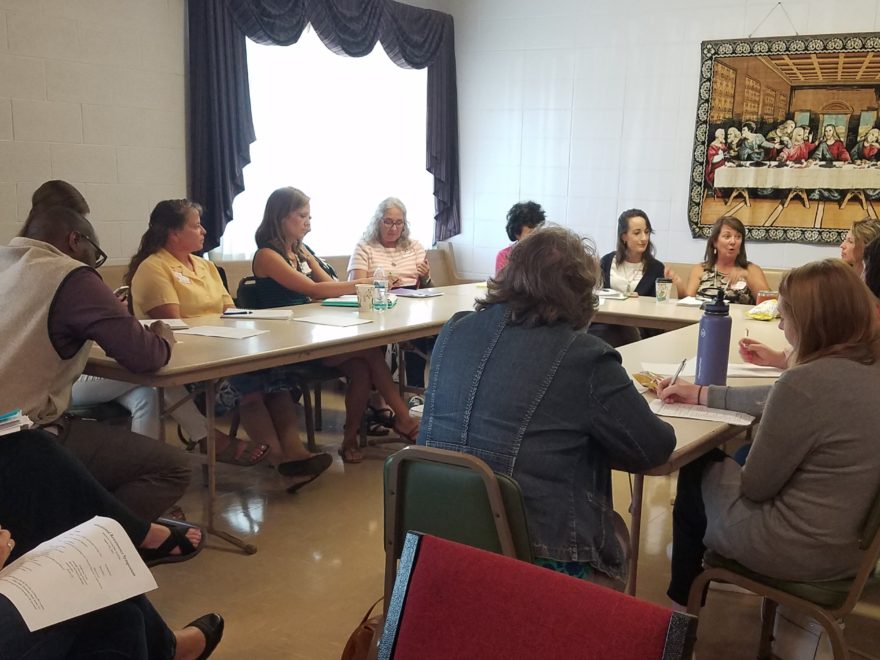
The Educational Renaissance Symposium 2021: A Digest
On Wednesday, August 4th we had our first annual Educational Renaissance Symposium hosted by Coram Deo Academy in Carmel, Indiana. It was exciting to welcome over sixty participants who heard keynote addresses from Educational Renaissance authors as well as attended great workshops by a variety of guests. The Symposium is a different kind of convention,…
-
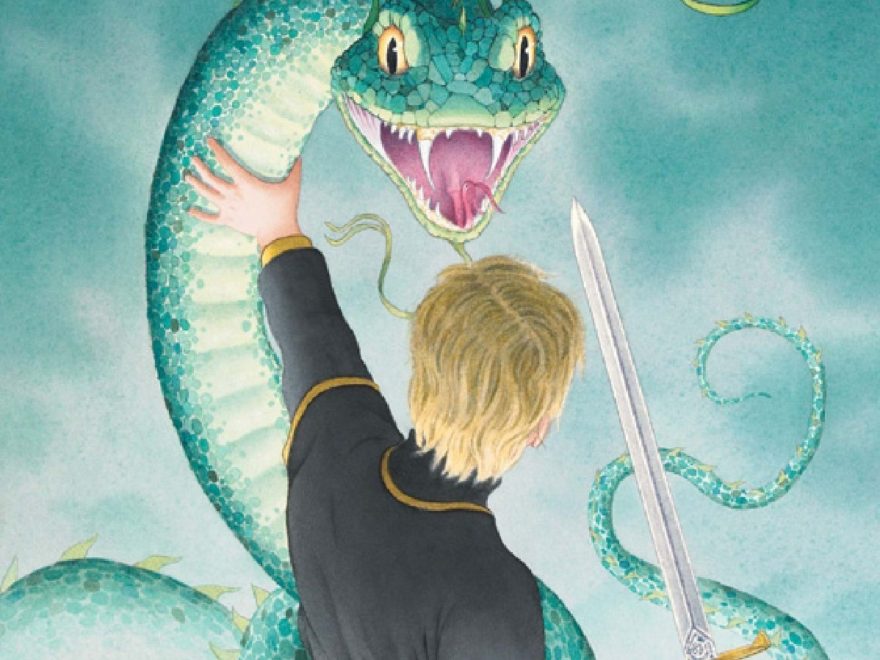
The Value of Objective Value: C. S. Lewis on Renewing Education
No matter what age you or your children are, I highly recommend The Chronicles of Narnia by C. S. Lewis for summer reading. They are lighthearted yet full of depth. I am reading aloud The Silver Chair, the fourth book in the seven-book series. For those who know the general contours of the series, this…
-
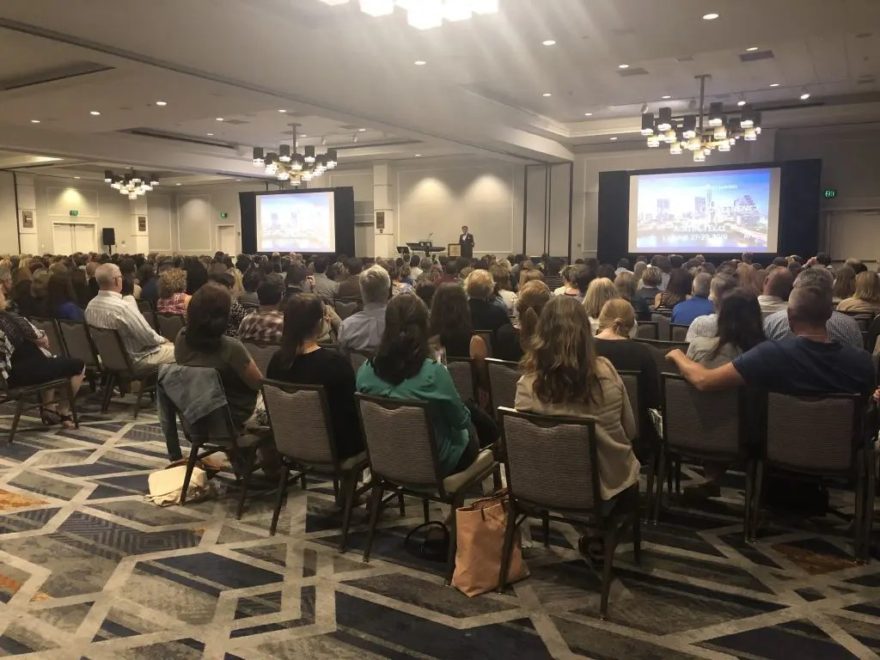
2021 Summer Conference Edition
Welcome Summer Conference Attendees to Educational Renaissance It’s time once again for the summer conferences. Whether you attended in person or remotely, many of you will have discovered Educational Renaissance for the first time during either the ACCS Repairing the Ruins conference last week or the Society for Classical Learning conference this week. We welcome you summer conference…
-

After the Black Death . . . What?
It was a little over a year ago that I wrote “The Black Death and an Educational Renaissance” about how the Black Death serves as an analogue to the Coronavirus. In that article I argued that the Black Death initiated a series of societal changes that eventually led to the Renaissance. I particularly noted how…

